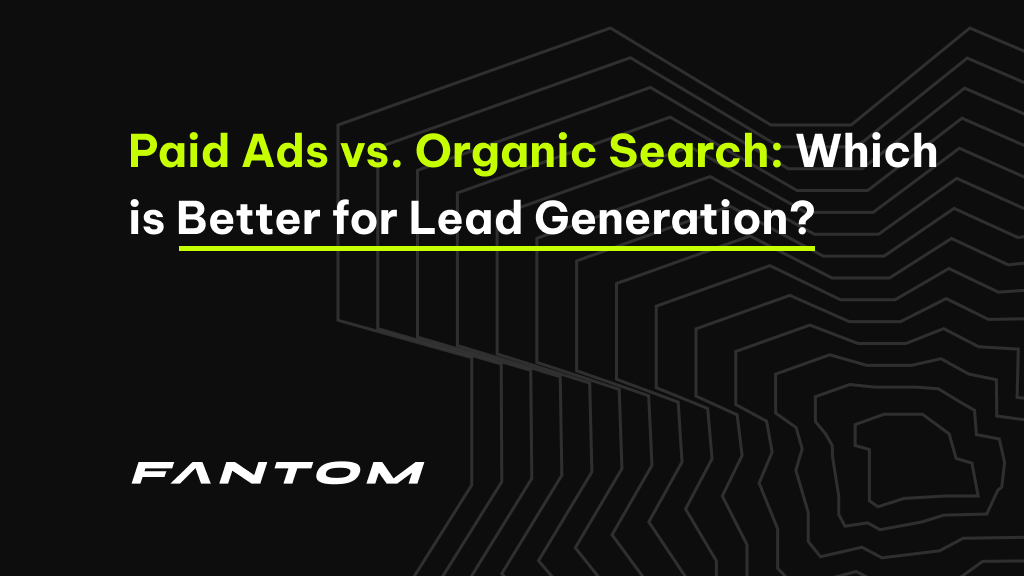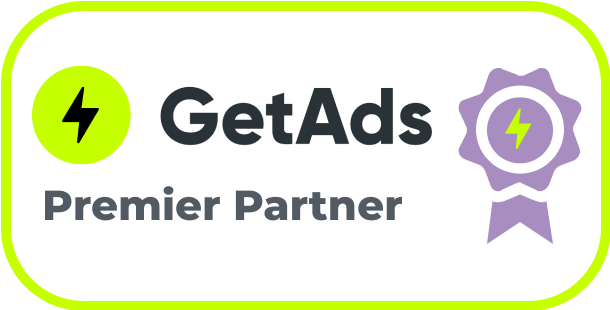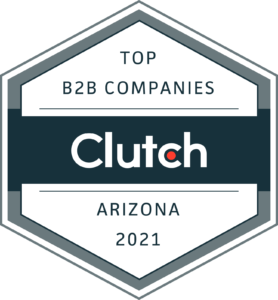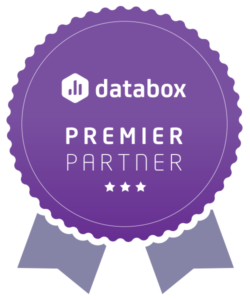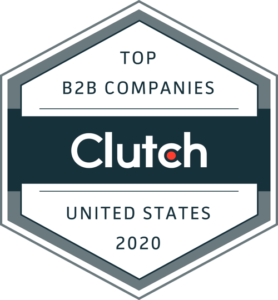When generating leads for your B2B business, there are two primary methods: paid advertising and organic search. Both have their benefits, but which is better for lead generation? In this post, we’ll explore the pros and cons of paid ads and organic search and guide you on which strategy may be the most effective for your B2B business.
Paid Ads for Lead Generation

Paid advertising, also known as pay-per-click (PPC) advertising, involves paying for your business’s ads to appear at the top of search engine results pages (SERPs). Paid ads allow your business to bypass the competition and appear first in search engine results. Here are some pros and cons of paid ads for lead generation:
Pros:
- Instant visibility: Paid ads can provide your business with instant visibility, helping you reach your target audience quickly. According to Google, search ads can boost brand awareness by up to 80%.
- Targeted audience: Paid advertising allows you to target specific audiences based on demographics, interests, and location, ensuring your ads reach the right people. Targeted ads are twice as effective as non-targeted ads.
- Flexible budget: With PPC advertising, you have complete control over your budget, allowing you to adjust your spending to fit your business’s needs and goals. Moreover, on average, businesses earn $2 for every $1 they spend on Google Ads. See how we’ve been able to do more than 2x return. Check out our case studies.
- Measurable results: With paid advertising, you can track your ad performance and measure your return on investment (ROI). This helps you optimize your campaigns and get the best possible results.
Cons:
- Cost: Paid advertising can be expensive, and the costs can quickly add up if not managed correctly.
- Requires ongoing management: Paid advertising requires ongoing management and optimization to ensure your ads remain effective and relevant. This can be time-consuming and requires expertise to be done right.
- Limited credibility: Users may not view paid ads as trustworthy as organic search results, which may impact their decision-making process. Only 3% of people click on Google Ads.
Organic Search for Lead Generation

The organic search involves optimizing your website and content to rank higher in search engine results pages (SERPs). Organic search results are determined by search engine algorithms and are not influenced by paid advertising. Here are some pros and cons of organic search for lead generation:
Pros:
- Cost-effective: Organic search results are “free”, which makes it a cost-effective strategy for lead generation. 70-80% of search engine users only focus on organic search results and ignore paid ads.
- Builds credibility: High organic search rankings can build trust and credibility with potential customers, as they view organic results as more trustworthy than paid ads. According to research, 75% of users never scroll past the first page of search results, and the first three organic search results get 60% of all clicks.
- Long-term benefits: Organic search results can provide long-term benefits for your business, as once you have a high ranking, it’s less likely to drop. Additionally, the traffic generated from organic search results is more sustainable and consistent over time.
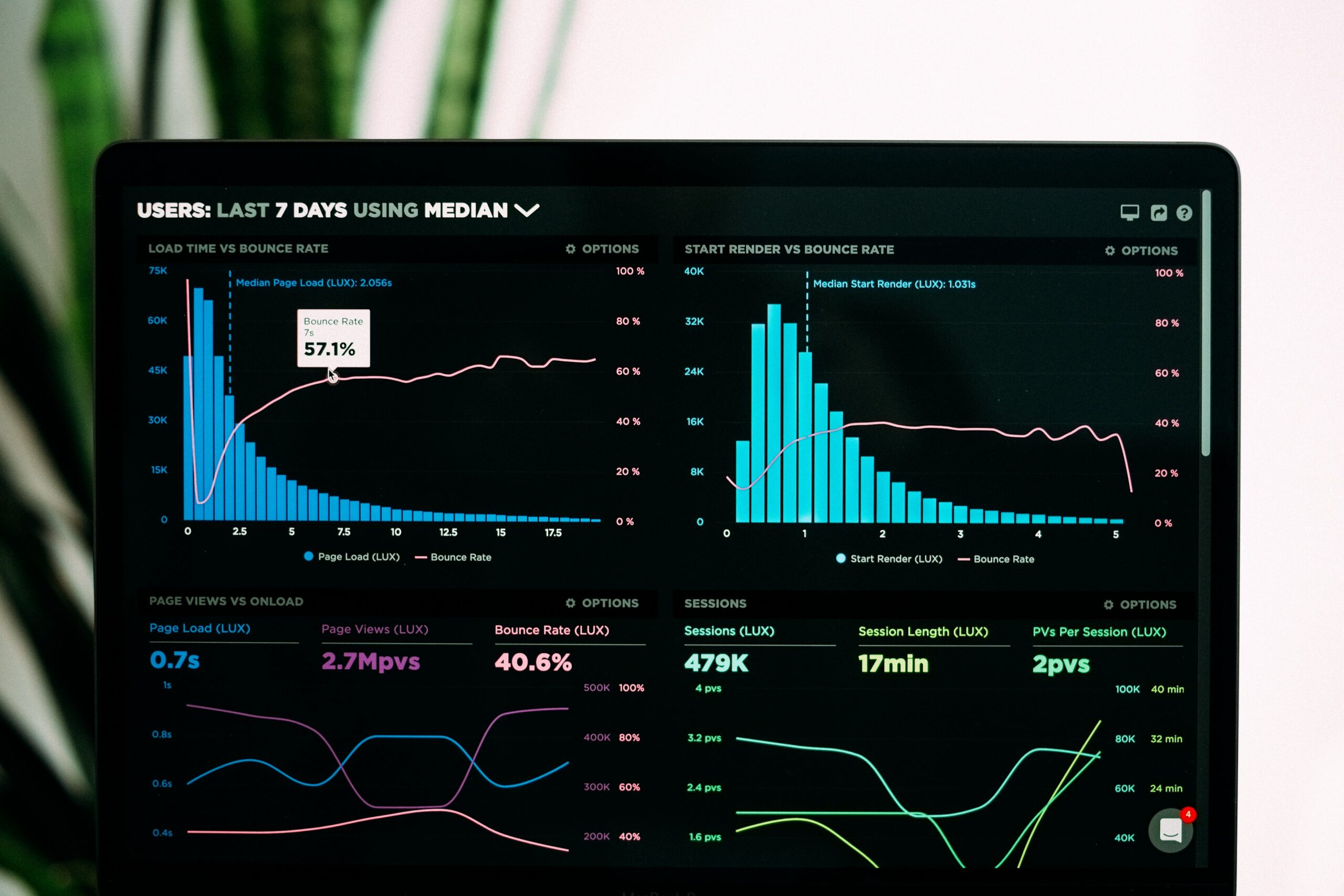
Cons:
- Time-consuming: Organic search optimization is a long-term strategy that requires consistent effort, patience, and expertise. It can take months or even years to see results. If you’re looking for quick results, the organic search might not be the best option for you. It’s like planting a tree – it takes time to grow.
- Competitiveness: It can be difficult to rank high in organic search results, as competition is high for popular keywords and phrases. 61% of marketers consider improving their SEO and organic search presence to be a top priority.
- Lack of control: Unlike paid advertising, you have no control over where you rank in organic search results. You may also be impacted by changes to search engine algorithms, which can cause your rankings to fluctuate.
Paid Ads vs. Organic Search: Which is Better for Lead Generation?
So, which lead generation strategy should your B2B business use? Ultimately, it depends on your business goals, budget, and target audience. Paid advertising can provide quick results and highly targeted audiences, making it a great option for businesses with a larger budget or a specific time-sensitive campaign.
On the other hand, organic search can provide sustainable, long-term results that build credibility and trust with your audience.
If you’re still unsure which strategy is right for your business, consider working with a digital marketing agency like Fantom.
Our team of experts can help you determine the best approach for your business and optimize your campaigns for maximum results. Contact us today to learn more about our lead generation services.
Conclusion
Both paid ads and organic search can be effective lead-generation strategies for B2B businesses. Paid ads provide quick results and highly targeted audiences, while the organic search can provide long-term, sustainable results that build credibility and trust with your audience.
Ultimately, the best approach will depend on your business goals, budget, and target audience. If you’re unsure which strategy to use, consider working with a digital marketing agency like Fantom to help you determine the best approach for your business.

